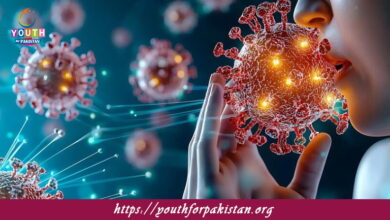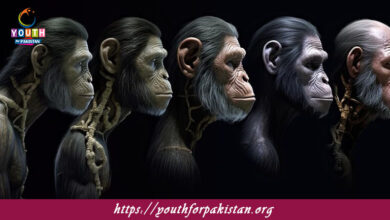Carbohydrates MDCAT Quiz with Answers

Carbohydrates are organic compounds made up of carbon, hydrogen, and oxygen atoms. They play a central role in the energy metabolism of living organisms. Carbohydrates are classified into three main categories: monosaccharides, disaccharides, and polysaccharides. They are not only important for energy production but also for cellular structure and function. It is very essential for MDCAT students to understand carbohydrates since they are the basis of many physiological and biochemical processes.
Types of Carbohydrates
Monosaccharides: These are the simplest form of carbohydrates and cannot be further broken down into smaller sugars. Examples include glucose, fructose, and galactose. Glucose, in particular, is a primary energy source for cells, especially in processes like glycolysis.
Disaccharides: Formed by the linkage of two monosaccharides through a glycosidic bond, disaccharides include sucrose (glucose + fructose), lactose (glucose + galactose), and maltose (glucose + glucose). These sugars are broken down into monosaccharides during digestion to provide energy.
Polysaccharides: The long chains of monosaccharide units form these complex carbohydrates. Starch and glycogen are a few examples that act as the storage forms of glucose in plants and animals, respectively, while cellulose provides structural support in plant cell walls.
Functions of Carbohydrates
Carbohydrates perform various functions in living organisms:
Energy Source: The main function of carbohydrates is that they provide energy. Glucose, derived from the breakdown of carbohydrates, gets metabolized in the formation of ATP via various metabolic processes such as glycolysis, the Krebs cycle, and oxidative phosphorylation.
Energy Storage: In animals, carbohydrates are stored as glycogen in the liver and muscles, while plants store their carbohydrates as starch. These act as energy reserves that can easily be converted back to glucose as needed.
Structural Components: Polysaccharides like cellulose provide structural support in plant cells, while chitin has a similar function in the exoskeletons of arthropods.
Cell Communication: Carbohydrates play roles in cell signaling and recognition, particularly in glycoproteins and glycolipids of the cell surface. Such molecules play very important roles in immune function and cellular interactions.
Test Your Knowledge with an MDCAT Quiz
An MDCAT Quiz on Carbohydrates will test your understanding of various types of carbohydrates, their structures, and functions. The quiz will include questions on the breakdown of carbohydrates, synthesis, roles in energy metabolism, and cellular function. The practice of such quizzes will strengthen your learning and make you better prepared for related questions on MDCAT.
Free Flashcards for Quick Revision
Free Flashcards on Carbohydrates will provide you with the explanation of different types—monosaccharides, disaccharides, and polysaccharides—and their functions in the body in a concise manner. Key concepts such as glycogen storage, glycosidic bonds, and the role of glucose in ATP production are the areas that will be considered important for these flashcards, which may be a quick revision material.
Master the topic of Carbohydrates, which is sure to deepen your understanding of energy metabolism, cell structure, and physiological processes. Use our quizzes and flashcards to reinforce your knowledge and excel in your MDCAT preparation!




